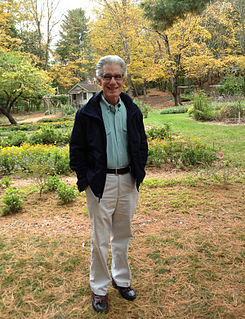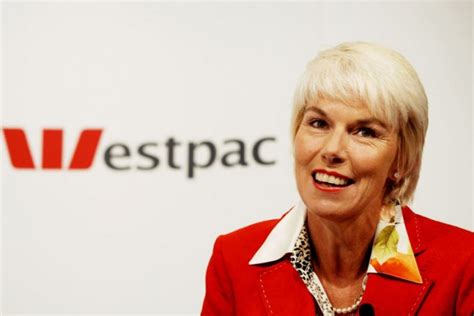A Quote by John Dewey
The belief that all genuine education comes about through experience does not mean that all experiences are genuinely or equally educative.
Related Quotes
If you have a belief and you come against an experience which the belief says is not possible, or, the experience is such that you have to drop the belief, what are you going to choose — the belief or the experience? The tendency of the mind is to choose the belief, to forget about the experience. That’s how you have been missing many opportunities when God has knocked at your door.
Nothing seems to me to be rarer today then genuine hypocrisy. I greatly suspect that this plant finds the mild atmosphere of our culture unendurable. Hypocrisy has its place in the ages of strong belief: in which even when one is compelled to exhibit a different belief one does not abandon the belief one already has.
A belief in God may not be fully within me anymore, but there's still a belief in belief. The high drama and power of the Church has stayed with me. As a child in church, I saw grown men at the altar crying out for God's mercy. And the idea of someone doing that has become a joke in the popular culture, but when you are there and you see it, you experience - for a moment - an incredibly raw, honest, strange insight into what it means to be a human being. Those experiences don't leave you. Whatever you think of them, they are powerful experiences.
For me, writing is an experience. It's an exercise in which I want to discover myself by taking my characters to the edges of human experience, to the edges of themselves and then, asking certain questions - about love, what does it mean to love? What's beauty? What is true beauty? What does it mean to be insane - crazy?




































